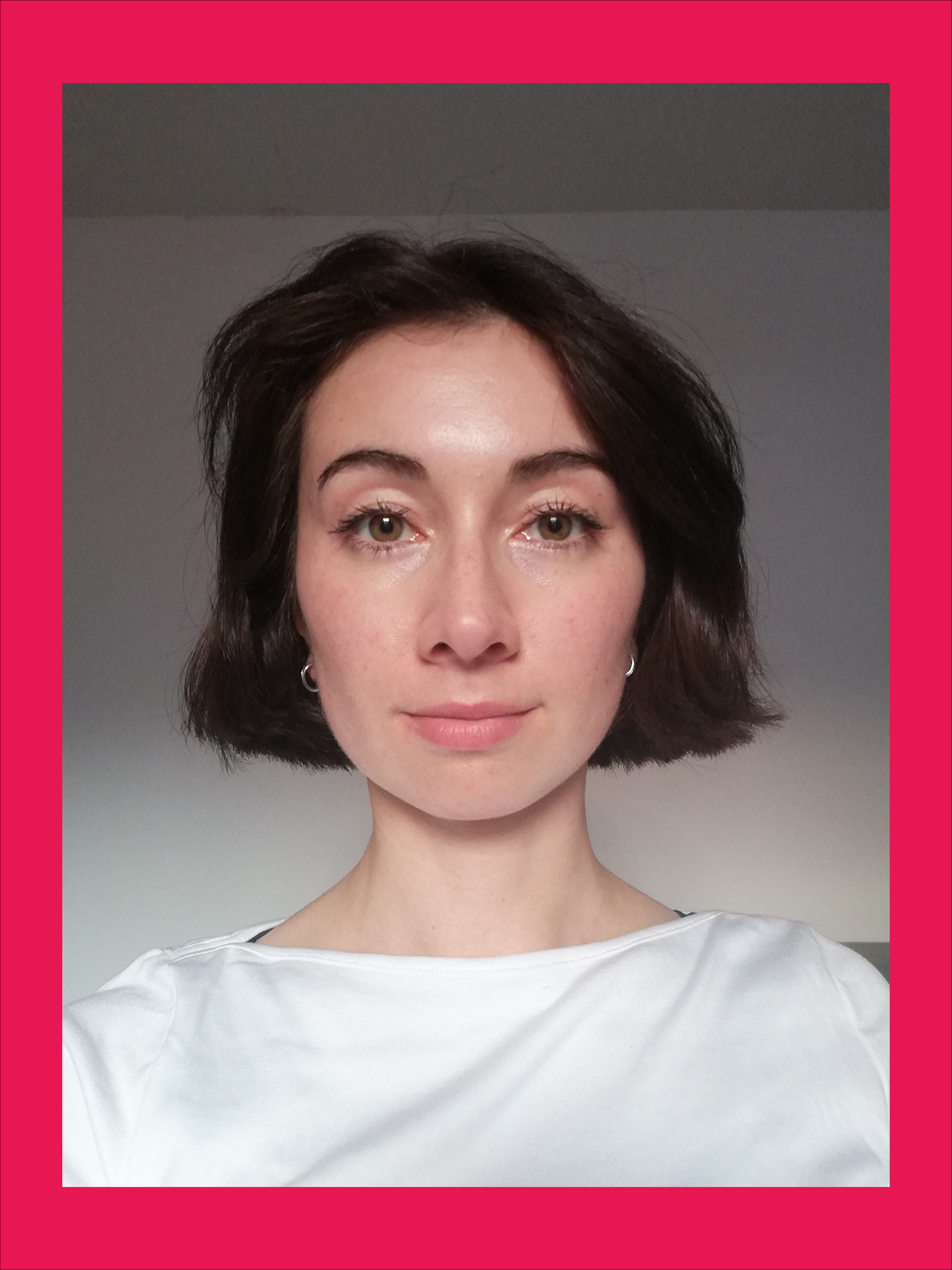Moving into Publishing: Editorial with Hana

Hana is an Assistant Editor at Ebury, Penguin Random House UK and also co-chair of Colour[Full], the network at Penguin Random House for Black, Asian and marginalised communities. Hana came through publishing via The Scheme, the editorial traineeship at Penguin Random House. Previous to her time in publishing, Hana worked as a civil servant at the Foreign, Commonwealth and Development Office, both in London and overseas.
To celebrate Work in Publishing week we spoke to Hana Teraie-Wood, Assistant Editor at Ebury, about her decision to move into the publishing industry.
Hello! First up can you tell us a little about your current role at Penguin Random House? What does it involve?
I am Assistant Editor at Ebury, Penguin Random House UK, where I work in non-fiction publishing – spanning politics, nature writing, science, history, memoir, and more. I commission non-fiction books, read proposals and generate new book ideas; I work with authors and edit their manuscripts, while managing books through the production cycle. I work with all of our other departments: including sales, marketing, publicity, rights, design, production, and finance, just to name a few, in order to publish our books as best we can and get them out there into the world, so that they can reach as many readers as possible.
Where were you working before you moved into publishing? Which transferrable skills from your previous role overlap with your current role?
I worked in (what is now) the Foreign, Commonwealth and Development Office, where I covered a variety of humanitarian and political issues. While I was there, I led and managed a team, oversaw projects, wrote briefings to tight deadlines, advised Ministers and senior officials, and immersed myself in the world of international relations. I developed many invaluable transferrable skills, but it’s probably the diplomacy and negotiation skills, cross-cultural outlook, and attention to detail that have been particularly useful in my role in the publishing industry.
Why did you want to move into publishing?
I wanted to try something creative, where you could explore big ideas and help writers transmit them to the world. No biggie!
On applying, my advice would be to really sell those transferrable skills, spell out what makes you different, and display your industry knowledge.
How easy was it to adapt to working in publishing? Were there any surprises and did you find that you brought a different perspective, having worked in another industry?
It was quite an interesting shift – as there’s different cultures in the public and private sectors, with their own upsides and challenges. I’ve really enjoyed being able to bring my whole self to work in the creative industry. What I bring from my past is a real interest in politics and global perspectives, which has informed my commissioning and the authors that I bring to the table.
Have you been mentored and, if so, how has it supported your career progression?
I have been incredibly lucky to have been mentored by several people since I started in publishing. Each mentor has been so insightful and supportive in unique ways –from helping to make career decisions, to strengthening my editing and industry-specific skills, to broadening my understanding of the wider roles in publishing and how all the pieces connect together. Their advice has been indispensable, and I am incredibly thankful for their time. I would recommend mentoring to anyone, in any industry.
What would you say to anyone reading this who is considering a career change and is interested in working in publishing?
Reach out to people! Before a career jump, I think it’s important to have a series of career conversations first, to find out what’s it’s really like from those already in the industry, and if it’s something for you. It is hard to have those connections from a standing start, but the internet is a lifesaver – try Twitter, LinkedIn, and career events organised by publishing societies and groups. Like most industries, what’s experienced inside is often different to outside perceptions, so I think it’s important to test those assumptions before you decide if it’s what you want.
On applying, my advice would be to really sell those transferrable skills, spell out what makes you different, and display your industry knowledge. The Bookseller is a great place to read about the books and trends that people are talking about in publishing: most libraries have a subscription, so you can access it for free. Don’t undersell yourself – go for the right role for your skills and qualifications. However, if you are looking at entry level roles, it is a numbers game: so don’t be disheartened! Once you’ve made it through the sift and to interview, it’s all to play for: show your industry knowledge, your curiosity, and, crucially, what unique perspective you will bring. Anyone can work in publishing, and all experience counts.
This interview with Hana Teraie-Wood was written for Work in Publishing week for publishers.org.uk.